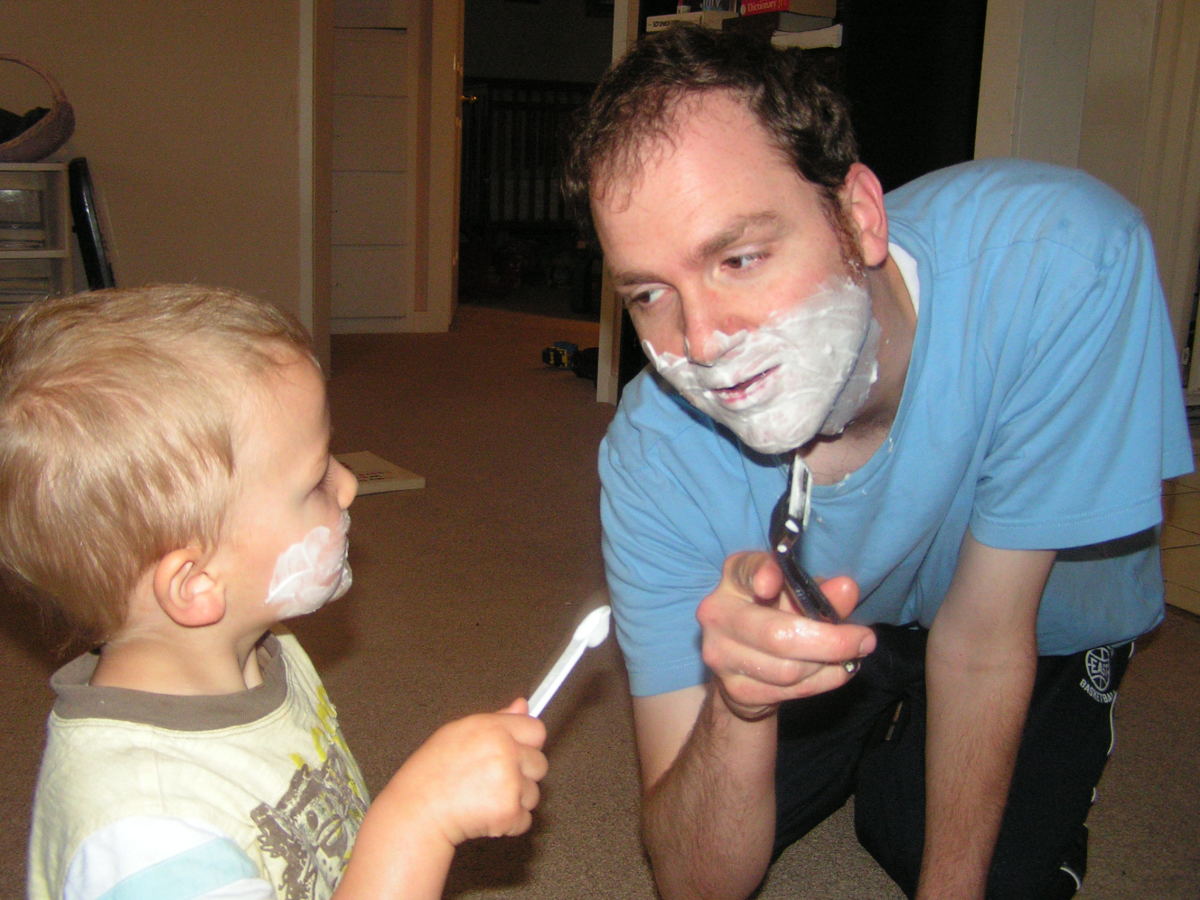Helicopter Parenting: Sheltering Children Causes a Lifetime of Dependence

Why do parents shelter their children?
Parents usually shelter their children with good intentions, in order to keep them safe from harm. They can go to extremes when disallowing their child to face anything difficult or unpleasant. Modern parents are now becoming involved with every single move their child makes, which is not always best for a child who is seeking independence. Societal pressure can influence parents to go overboard with protecting their children. Parents will often say they want to "preserve their innocence." These children usually end up relying on their parents for almost everything, which leaves them feeling unfulfilled in adulthood. The Millennial Generation in particular are at risk of becoming a generation of insecure and needy adults who expect everything to come easily.
Children Need to Learn Life Skills
Children need to learn by watching their parents' good example. If a parent does not involve them in activities like gardening, cooking, cleaning, and other household responsibilities, the child will grow up thinking he doesn't have to do those things. One of the best developmental learning opportunities for children is free-range play, meaning that they can meander outdoors, preferably in nature, without adult guidance. This teaches them self-reliance and self esteem. Also, children should be taught interpersonal relations by parental example, and by ongoing discussions on human interaction. Kids should intermingle in a way that encourages cooperation and mutual respect. In the case of bullying, it is better that a parent tell their child the proper way to deal with a bully than to go and confront the bully themselves. Children need to learn obedience, but should also know that even adults can be wrong, and they need to be capable of knowing the difference. As a child grows older, he needs to develop confidence in his own decision-making ability.
The Overprotected Teen
The overprotective parent who prevents their teen from getting involved in extra-curricular activities is depriving them of their need to thrive. It is better to allow a child to risk injury or conflict while socializing than keep the child away from clubs and sports "for their own good." Many parents will use the excuse that the teen is to spend all of their time studying and preparing for college. Some parents even discourage teens from getting part-time jobs, for fear of it affecting their youth, making them "grow up too fast." Helicopter parents will even do schoolwork FOR their child if it means keeping their child an "A" student. It is these parents who will literally call their child's college professor as soon as the student receives a bad grade. A well-rounded, independent teen ought to be testing the waters of adulthood, taking part in activities, jobs, learning to drive, having relationships with others.. without these essential life skills, a teen will not learn to be a productive adult. A teen needs to experience defeat and disappointment in order to learn the coping skills to rise above and become independent.
Sheltering is not "For Their Own Good"
Instead of avoiding controversy and adult media, the parent should maintain constant dialogue with their child when these things arise. Instead of never allowing a child to use the internet, let them use it in an age-appropriate way, and before they become teens, discuss with them the risks and dangers of social media. Present them with hypothetical scenarios, and ask them, "what would you do in this situation?" As the child watches age-appropriate television, talk to them about how the program is different than reality, and remind them that characters are typically idealized by corporate media for the purpose of entertainment. Teens should not feel oppressed, instead they need to find their own identity by having relationships with their peers. When a parent simply doesn't allow healthy relationships, the teen will lose self-esteem, become isolated, and eventually will be left out of social events. Parents will say they cannot stand to see their child unhappy, but a child must experience small disappointments in preparation for the responsibilities of adulthood. If children understand that there are consequences to their actions, they will become more conscious of themselves, instead of relying on Mommy to come and save the day.
Consequences
Childhood learning experiences are the building blocks for life skills. Children who are isolated and not allowed independence are being sent down the wrong path. The hovering parent creates an anxious child who does not believe in his own capability to make proper decisions. Lack of social skills is evident in adolescents who have been sheltered, which often leads to deviant behavior. The adolescent will feel that they have nobody supportive in their life, for the authoritarian parent is too close-minded to listen and be understanding without judgement. Teens of helicopter parents will lack the confidence that they need to be successful adults. They are more likely to grow up to be resentful and blame others for their own problems. Even worse, should they become a parent, they will not have known what a proper upbringing is supposed to be like. Inevitably, overprotective parents will lead their children into a lifetime of disappointment.



